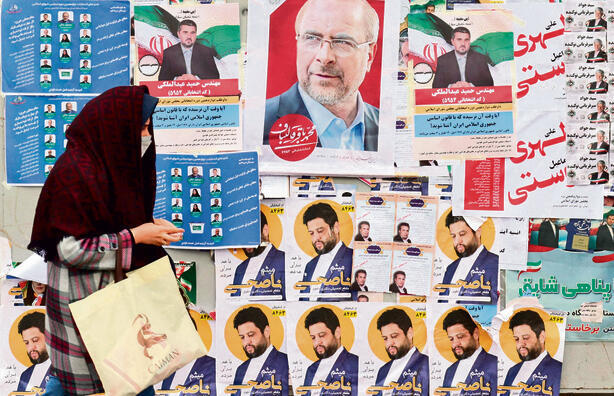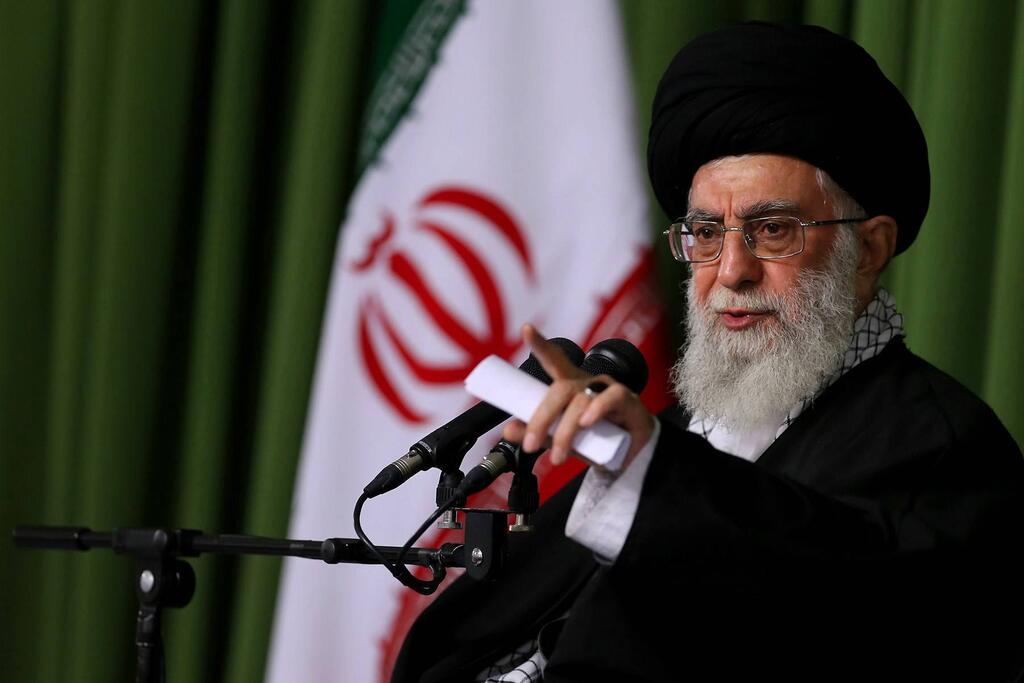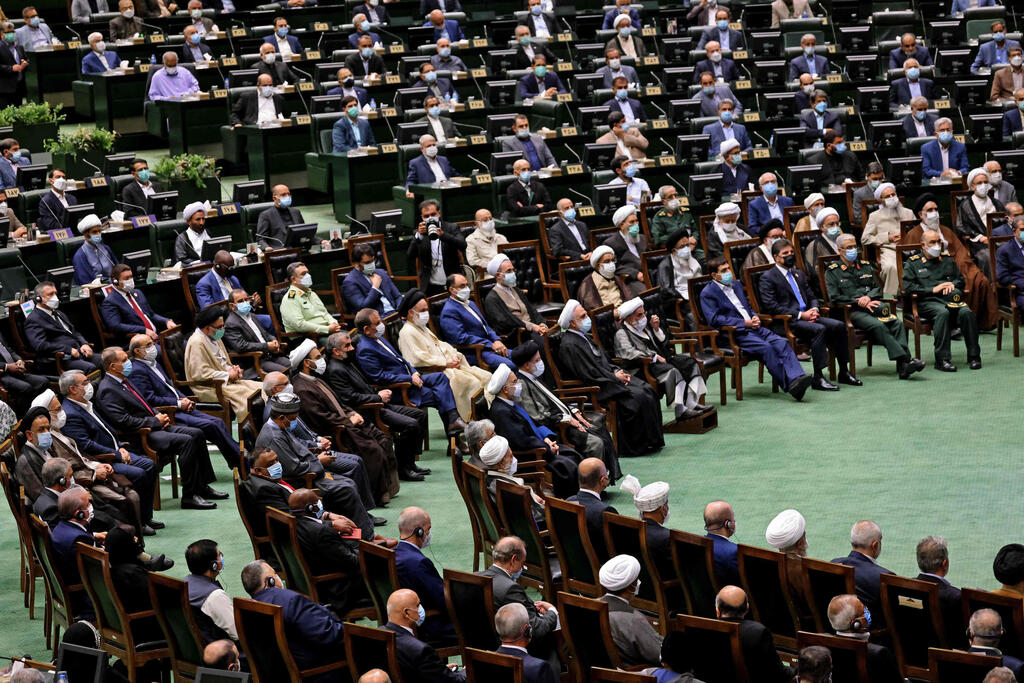Iran is set to hold parliamentary elections on Friday as analysts and field experts predict an exceptionally low voter turnout.
Read more:
The pivotal question is not who will occupy Tehran's parliamentary seats but how many people will turn up at the polls.
The economic crisis, protests against the regime, the government's suspicious attitude toward the youth and vice versa, tensions with the U.S. and major European countries, along Iran's support for Russia's war against Ukraine, are leading many voters to decide to boycott the elections.
Moreover, the vote takes place as inflation soars to an unprecedented peak of 50%, and unemployment among the youth exceeds 20%.
Officials have urged people to cast ballots but tellingly, no information has been released this year from the state-owned polling center ISPA about expected turnout — a constant feature of past elections. Of 21 Iranians interviewed recently by The Associated Press, only five said they would vote. Thirteen said they won't and three said they were undecided.
“If I protest about some shortcoming, many police and security agents will try to stop me," said Amin, a 21-year-old university student who gave only his first name for fear of reprisals. "But if I die from hunger on the corner of one of the main streets, they will show no reaction.”
In major cities, calls to boycott the elections have abounded in recent weeks, and the unrest following the travel ban of Nobel Peace Prize laureate Narges Mohammadi continues to enrage the youth.
The calls for election boycott are gaining attention and coverage in Western media, angering Supreme Leader Ali Khamenei and government ministers.
On Wednesday, Khamenei himself urged people to vote, describing it as a national duty. “There is no reasoning behind not voting,” he said. "It does not solve any problem of the country.”
“Why should I vote?" asked Morteza, a 53-year-old taxi driver who gave the AP just his first name fearing reprisals. "I voted many times in the past, yet I am paying for schooling of my three daughters... I am still a renter and continuously I keep moving to a poorer area.”
Others, like 42-year-old Marzieh Moqaddam, insisted they would vote. She compared voting to a religious duty and insisted the country needs “to improve the Islamic culture, like the hijab.”
More than 1,500 candidates are vying for 290 seats in the parliament, known as the Majles al-Shura. The next election cycle is scheduled in four years, with expectations that the status quo will prevail in the current elections - conservatives will win the majority and continue to dominate Iran's official institutions.
Meanwhile, Iranians will also vote for the 88-seat Assembly of Experts. Its members, elected for eight years, are expected to choose Iran's next ruler after 84-year-old Ali Khamenei expires.




